EDITORIAL
Published on 07 Jan 2025
Editorial: Modelling esophageal adenocarcinoma
doi 10.3389/fmolb.2024.1550595
- 351 views
3,784
Total downloads
15k
Total views and downloads
You will be redirected to our submission process.
EDITORIAL
Published on 07 Jan 2025
REVIEW
Published on 12 Nov 2024
ORIGINAL RESEARCH
Published on 21 Aug 2024
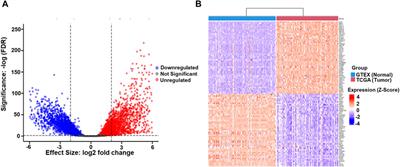
REVIEW
Published on 24 Apr 2024
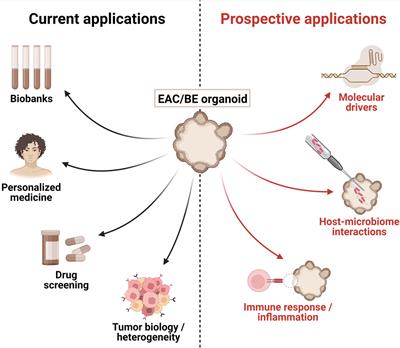
ORIGINAL RESEARCH
Published on 03 Apr 2024
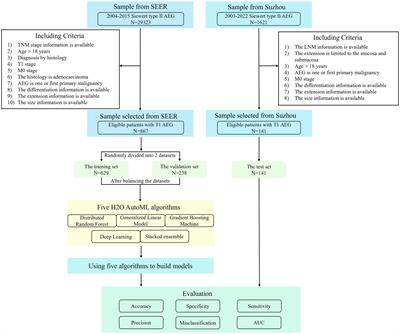
ORIGINAL RESEARCH
Published on 19 Mar 2024
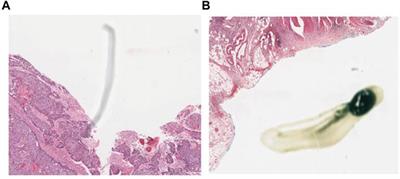
ORIGINAL RESEARCH
Published on 15 Dec 2022
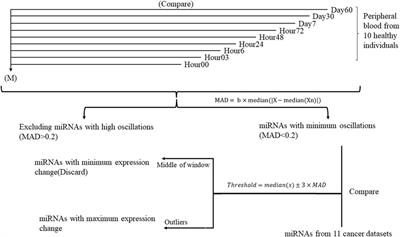
ORIGINAL RESEARCH
Published on 03 Jun 2022

